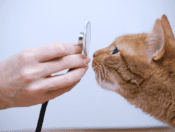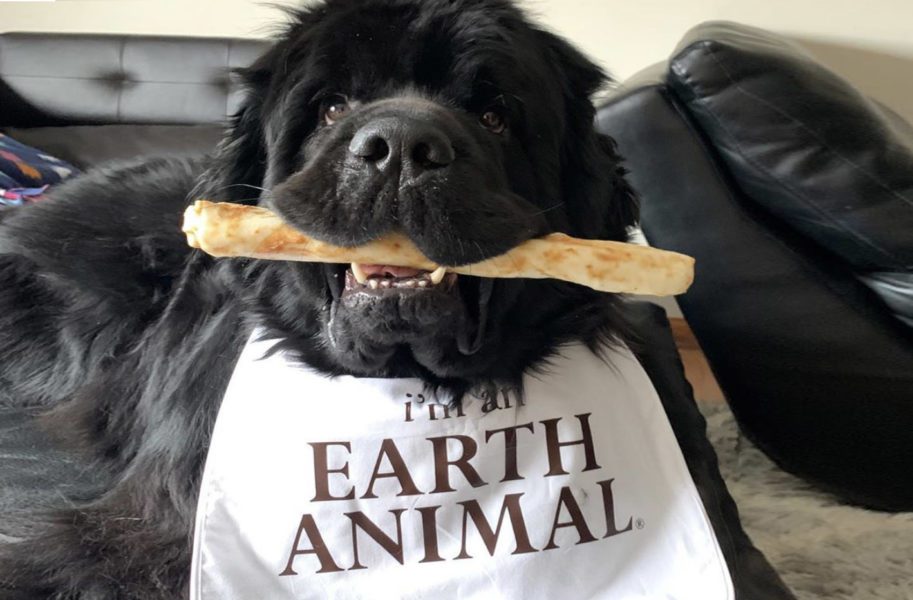Since November is the ASPCA’s Adopt a Senior Pet Month, we thought it would be fitting to talk about caring for a senior companion animal. Whether you are newly adopting a senior animal, or you and your animal have been growing older together since he was just a babe, these tips will help to ensure that your animal’s golden years are just as happy and healthy as their early days.
According to the American Veterinary Medical Association, once dogs and cats turn seven, they are generally considered to be seniors, though this can vary with size and breed. With an average life span often to twelve years, this means that your animal will need at least three years of senior care.
Some ailments and illnesses that your aging animal may have to endure in these golden years include weakness, cancer, diabetes, heart disease, kidney disease, and joint problems (avma.org). The AVMA advises that senior animals need more frequent veterinary visits in order to identify and treat these illnesses early in their progression.
Since animals’ digestive abilities and calorie needs change as they age, you will also need to consider altering your animal’s diet to include foods that are more easily digestible and that have the right amount of calories and anti-aging ingredients (avma.org). Weight gain can be a problem for senior dogs, whereas weight loss can trouble senior cats, so it is important that you feed your animal the right food in the recommended amounts (avma.org). Your veterinarian can help you decide the best diet for your animal. In addition to switching to a senior food or preparing a specific senior diet at home, consider adding Earth Animal’s Agility Chicken Cutlets with Brushed-On Benefits as a treat for your dog to help keep hips and joints healthy as they age, and add our Healthy Digestion Nutritional Supplement or Daily Health Nuggets to your animal’s food for overall best health.
Another concern to watch for in aging animals is a decrease in immune function. You will want to work to ensure that your animal is as healthy as possible through nutrition and exercise to help boost his waning immune system and help fight off illnesses. Exercise will also change as your animal ages. You may no longer be able to play the same agility games or take those multi-mile hikes through the hills, but your animal will still need regular, appropriate exercise to keep his body and mind in top shape. Remember, too, that aging animals can also show signs of senility, so exercise and time interacting with you are of paramount importance for your senior animal (avma.org).
One other consideration for older animals is mobility. As your animal ages, his ability to climb stairs or spend long periods of time outside may be reduced. You will want to find ways to work around this, such as moving your animal’s bed to a room that doesn’t require stairs to access (avma.org).
Whether you are new or old friends, sharing your life with a senior animal can be very rewarding. Keep these concerns in mind and look for the rest of our series on aging animals to make the most of these golden years.







